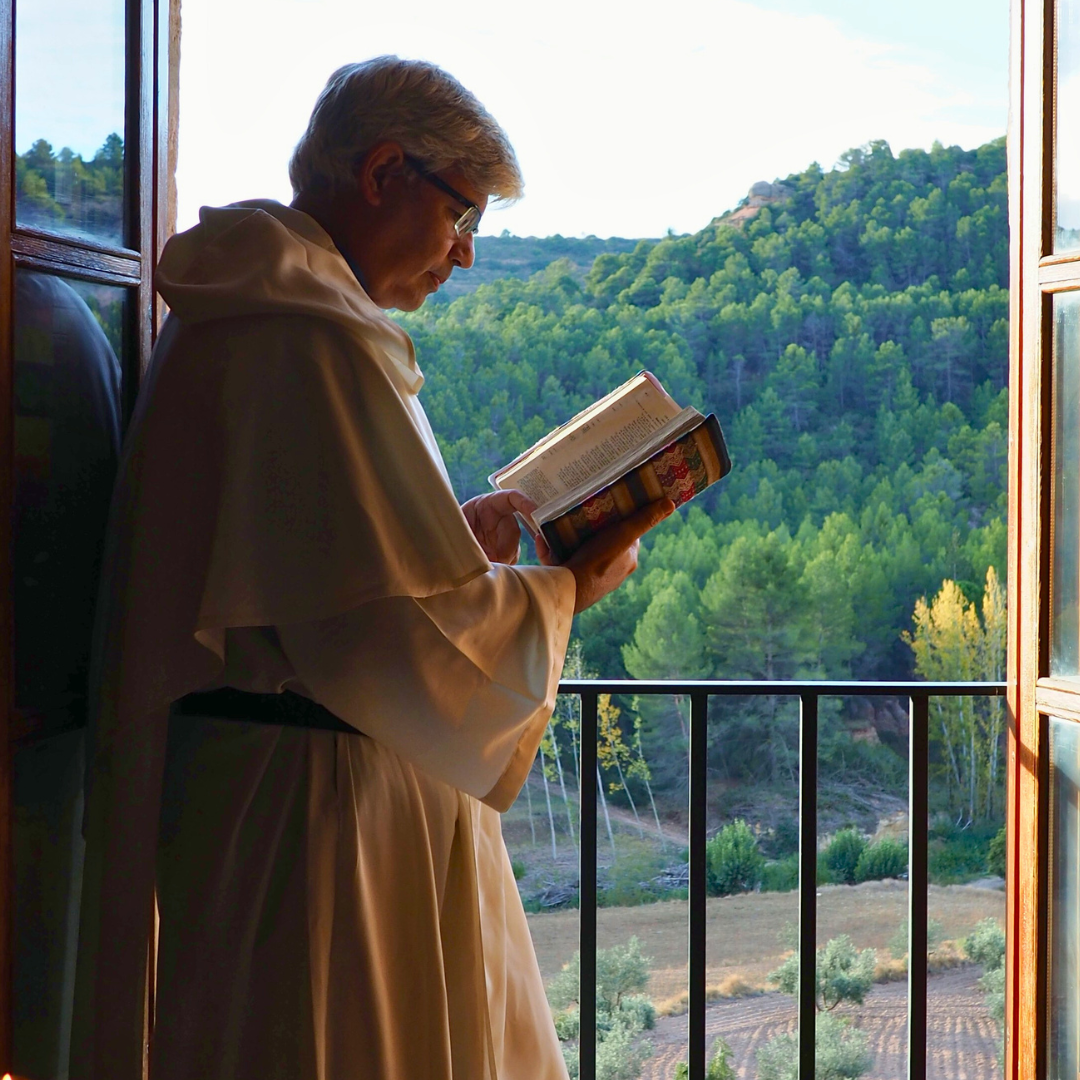Does everything the Church does come directly from the Bible? You might be surprised!
On a recent episode of "The Catholic Talk Show," guest Brandon Vogt joins Ryan Scheel, Ryan Dellacrosse, and Father Rich Pagano. They explore the Biblical basis for Catholic traditions and dive deeper into the Church's Biblical roots.
Vogt tackles the misconception that the Catholic Church is non-biblical.
"The Catholic Church gave us Scripture, protected it down through the centuries, and made sure we have a Bible today,” he says.
Vogt explains that the Church's integral involvement in the preservation and determination of the biblical canon is a crucial aspect often overlooked in contemporary religious discourse.
The guys explain that the Edict of Milan made it legal for the Early Church to hold the synods that set the biblical canon. They also discuss how traditions, both written and oral, form the bedrock of the Catholic faith.
Vogt points to Saint Paul's instruction in 2 Thessalonians to "hold to the traditions which you were taught, whether by word of mouth or by letter from us."
Traditions like Mariology, they say, are heavily portrayed throughout the Bible.
“From Genesis through Exodus, through the Gospels, through the Pauline letters–Mary's foreshadowed as the new Eve...and in Revelation, she's undeniably the Queen of Heaven," Vogt says.
Purgatory, a stage of purification for the saved before entering Heaven, is an often misunderstood tradition, too.
Although "Purgatory is not spelled out fully in any one piece of scripture,” Vogt explains “what we find are allusions to it and hints of it” in the books of Maccabees, the Gospels, and the letters of Saint Paul.
Even “the Catholic priesthood is [biblical],” Vogt clarifies, saying “The very word 'priest' comes from the Greek word 'presbyteros, which appears throughout the New Testament.”
The guys urge you to embrace a deeper historical understanding of the Catholic faith, because in the words of Saint John Henry Newman, "to be deep in history is to cease to be Protestant.”

